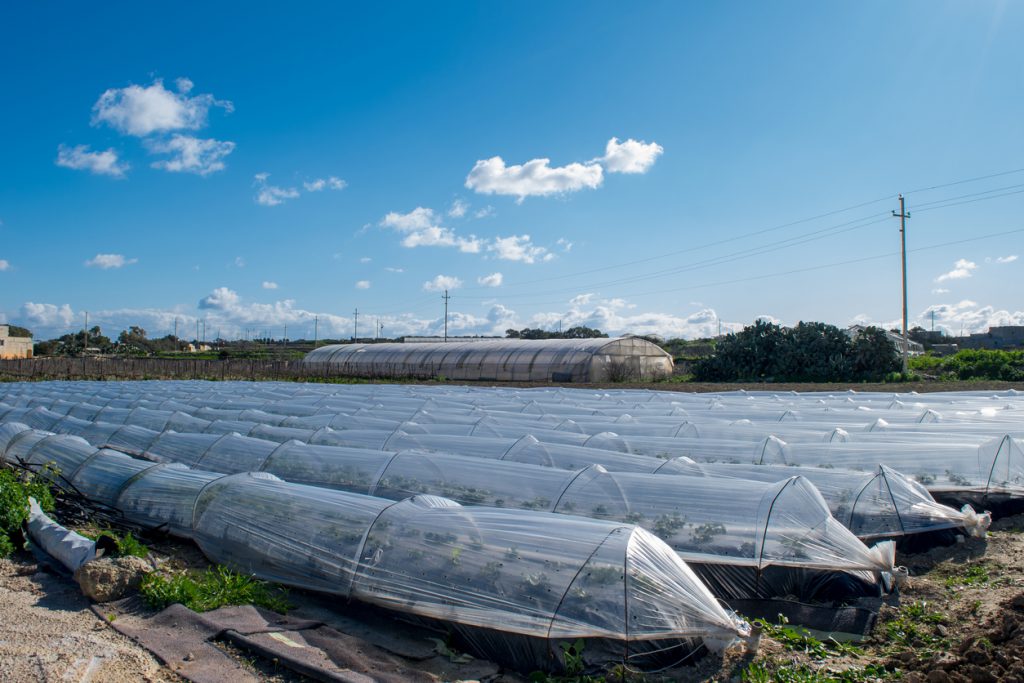Fresh and local – but for how long?

Results from the 2020 agriculture census have fully exposed the worrying rate of decline of this industry in the Maltese Islands. In just a decade, agricultural holdings fell by 16%, land used to cultivate crops fells by 6% while unutilised agricultural land spiked by 43%. Meanwhile the labour force within this sector declined by 26.7%.
Yet, it seems as if society in general is living in complete oblivion. Slogans like, ‘buy fresh buy local’ epitomise the current state of denial. Seems like the majority are not realising that at this rate the point will reached whereby there won’t be such choice for the simple reason that Maltese agricultural would have become extinct. Recent remarks made by Għaqda Bdiewa Attivi have at stirred some debate and put this issue on the country’s agenda. Farmers are warning that if all pending development applications outside developed zones would be approved, a further 75 tumuli of arable land would be lost.
Though the agricultural industry has been in decline for decades, as younger generations do not perceive this avenue as a viable career, there is also a degree of ‘self-mutilation’.
First and foremost, the sharp population rise coupled with the influx of tourists is taking its toll across the board. There are ample signs that healthcare, roads, the environment, housing, essential services, water, electricity are struggling to cope with the sharp rise in demand. The food chain industry is no exception. On one hand, demand is increasing as there are more mouths to feed, while at the same time local supply is falling as there are less farmers and less arable land. For the time being, we are relying on foreign imports to plug the food supply gap. However, further reliance on this model risks leaving us completely exposed in the event of an international shortage, a pandemic like Covid-19 or global geo-political tensions such as the war in Ukraine. While no man is and island – meaning it would be unrealistic to dream of being completely self-sufficient – it would be equally foolish to remain completely at the mercy of other countries. History shows, that whenever a country faced unrest stemming from high inflation and food shortages, it meant trouble. In our case this was the catalyst which led to the Sette Giuno riots and subsequently in the Second World War nearly resulted in Malta’s surrender to the Axis Powers (were it not for Gozitan farmers who had been persuaded by Bishop Gonzi to contribute).
Coming back to our times it is crucial, that the government prioritises the agricultural sector not only by throwing money to the problem, but also by rolling out incentives to lure young people for a career in this industry while preserving what is left of our arable land. Lip service alone will just mean that ‘buy fresh, buy local’ will just become a nostalgic slogan and more worryingly spell trouble for Malta as a whole.
